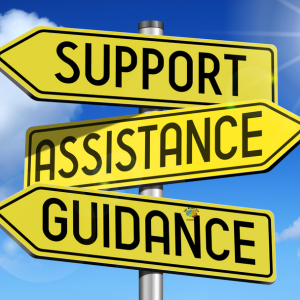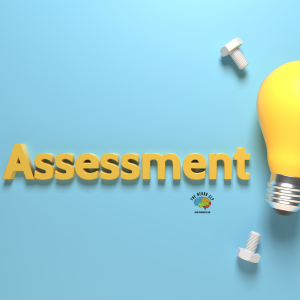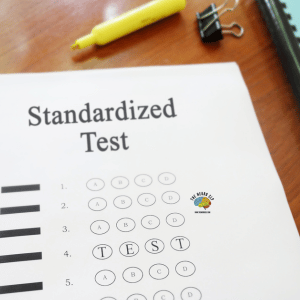Dating after a brain injury is not a topic often discussed in healthcare or neurorehabilitation (Exell et. al, 2020). Yet, it is one of the most meaningful and motivating aspects of life for some of our patients. For these patients, being in neurore...
Read More
Once I learned that workbooks don’t work (see references below) and committed to delivering FUNctional and person centered care to my patients, I knew that I needed therapy materials that were a lot different than what I had. I had flashcards. I had...
Read More
Almost 6 years ago, I left Nashville, TN and moved to Alexandria, VA. I packed up my 2005 Honda Accord and shipped it ahead of me, while I stayed behind and finished my job duties at a prestigious Pediatric Outpatient Clinic. I then took a one...
Read More
In the 10+ years that I’ve been a neuro-based Speech Language Pathologist, not a workday has passed I did not target MEMORY with a patient. As a matter of fact, memory challenges are the number one complaint by neuro populations I serve. And ...
Read More
The term “compensatory strategies” is often used in cognitive-communication therapy. When you look up the word “compensatory” in the dictionary, it is defined as “making up for loss”. Using the word “compensatory” not only highlights impairment but ...
Read More
Yes, it’s the 5th Annual #NoWorkbookWeek on Instagram, but guess what else it is? It’s “National Library Week”! National Library Week (April 6-12th this year) is an annual celebration highlighting the valuable role libraries play in transforming liv...
Read More
Over the years, I’ve tried to figure out exactly why speech therapy workbooks are so popular. In the year 2025, speech therapy workbooks that were printed nearly 40 years ago are still selling off the shelf. I see the Facebook marketplace posts list...
Read More
Years ago, I was burnout (and honestly bored) with my career as a neuro-based Speech Language Pathologist. So when the pandemic hit, and many of my therapy sessions were converted to telehealth, I felt even more pressure to try something different i...
Read More
In speech therapy, ensuring that activities are FUNctional for the patient is critical. What did the patient do pre-injury? What did they like? Odds are, your patient still likes those things and would love to get back to that hobby or interest——eve...
Read More
Whenever I ask Speech Language Pathologists what the worst part of their job is, they usually reply “documentation”. They say there’s too much documentation and that the documentation takes too long to complete. SOAP Notes, specifically. The majorit...
Read More
For years, I brought work home. I often felt “behind” on my documentation which led to me using my personal time to “catch up”. But please, DO NOT DOCUMENT AT HOME. Technically it’s against workplace policies and personally, it’s just a bad habit to...
Read More
If you know me, you know that I love “FREE” and “affordable”. Life is expensive so saving money WHERE you can and WHEN you can is important. This is especially true for Speech Language Pathologists who get little to no spending budgets on their jobs...
Read More
One of the most popular questions that I have been seeing lately from either new Speech Language Pathologists or Speech Language Pathologists who have recently changed settings is “What assessments are everyone using?” Such a simple, yet very valid ...
Read More
More and more people are using home smart devices these days. In fact, it is estimated that in 2021, over 40% of households had some type of smart device in their home. The most popular home smart devices are Amazon Echo, Google Home, and Apple Home...
Read More
“But what will I do without you?” This was what a patient asked me once. Even though we had been working together every week for months, the patient still wasn’t feeling “ready” for discharge. This was a pivotal moment for me in my clinical practice...
Read More















